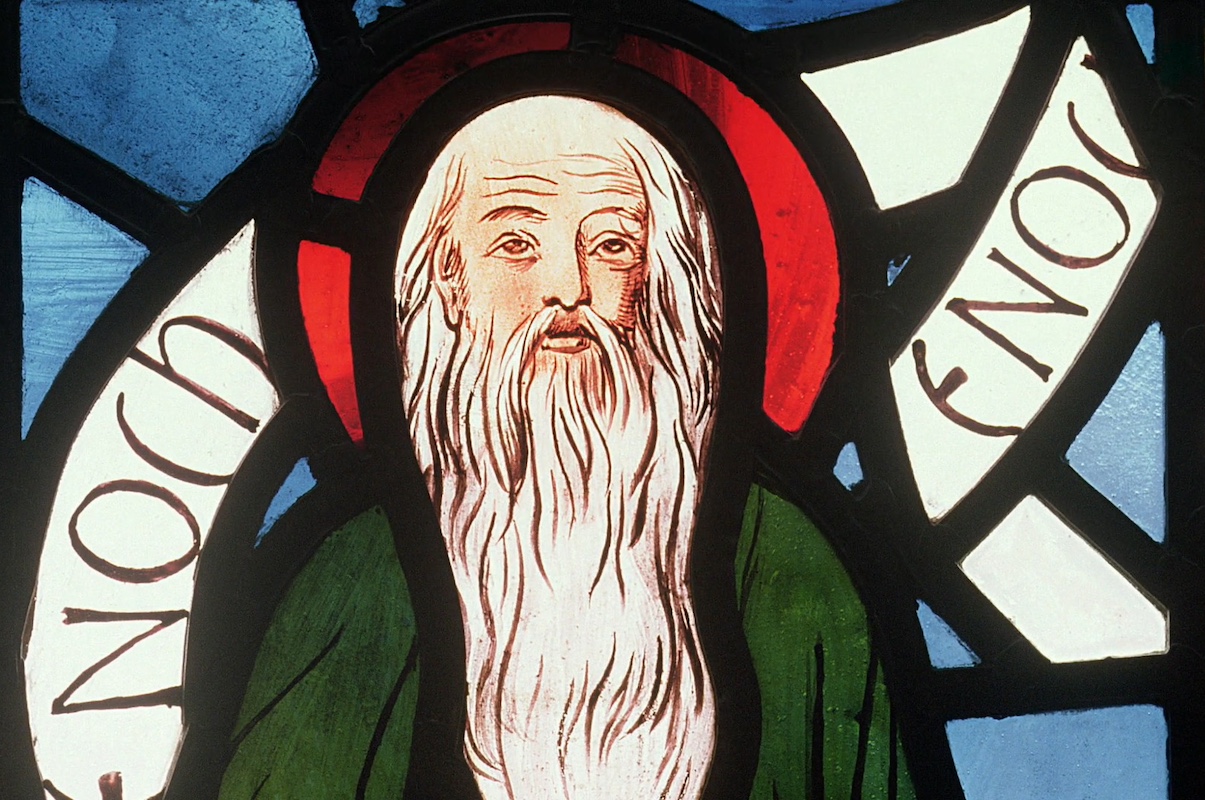Unveiling the Mysteries: Exploring the Story of Enoch in the Bible

The story of Enoch in the Bible is one of mystique and intrigue, shrouded in the enigmatic veil of ancient scriptures. Amidst the narratives of Genesis, Enoch emerges as a figure of profound significance, offering a glimpse into the divine mysteries and the transcendent realm.
Enoch, often referred to as Enoch the Prophet, is mentioned in the Book of Genesis, specifically in Genesis 5:21-24. Within these verses, we encounter a brief yet tantalizing account of Enoch’s life: “When Enoch had lived 65 years, he fathered Methuselah. Enoch walked with God after he fathered Methuselah 300 years and had other sons and daughters. Thus all the days of Enoch were 365 years. Enoch walked with God, and he was not, for God took him.”
This succinct portrayal of Enoch as one who “walked with God” has captivated theologians, scholars, and believers throughout the ages. It suggests a deep intimacy and communion between Enoch and the divine, transcending the mundane confines of mortal existence. Enoch’s righteousness and fidelity to God set him apart in a time characterized by moral decay and spiritual estrangement.
The Enoch Bible story takes on added layers of significance beyond Genesis, particularly in ancient Jewish and Christian traditions. In Jewish literature, such as the Book of Enoch or 1 Enoch, Enoch is depicted as a central figure in apocalyptic literature, receiving visions and revelations about the cosmos, the divine hierarchy, and the fate of humanity. This portrayal amplifies Enoch’s role as a visionary and seer, entrusted with esoteric knowledge hidden from ordinary mortals.
Similarly, in Christian tradition, the story of Enoch assumes broader theological implications, resonating with themes of faith, perseverance, and divine favor. Enoch’s translation, or “taking,” by God without experiencing death has sparked theological reflection on the nature of life after death and the possibility of divine communion beyond earthly existence.
The Enoch biblical story also intersects with other biblical narratives, most notably in the New Testament. The Epistle of Jude makes reference to Enoch, citing a prophecy attributed to him: “It was also about these that Enoch, the seventh from Adam, prophesied, saying, ‘Behold, the Lord comes with ten thousands of his holy ones.'” (Jude 1:14-15). This citation underscores Enoch’s prophetic role in proclaiming divine judgment and the coming of the Messiah.
In conclusion, the story of Enoch in the Bible transcends mere historical narrative, inviting readers into a realm of spiritual contemplation and theological inquiry. Enoch’s exemplary faith, his intimate relationship with God, and his enigmatic translation serve as timeless reminders of the profound mysteries that lie beyond the veil of human comprehension. As we journey through the pages of scripture, the story of Enoch beckons us to walk with God, to seek divine communion, and to ponder the unfathomable depths of divine grace and revelation.
